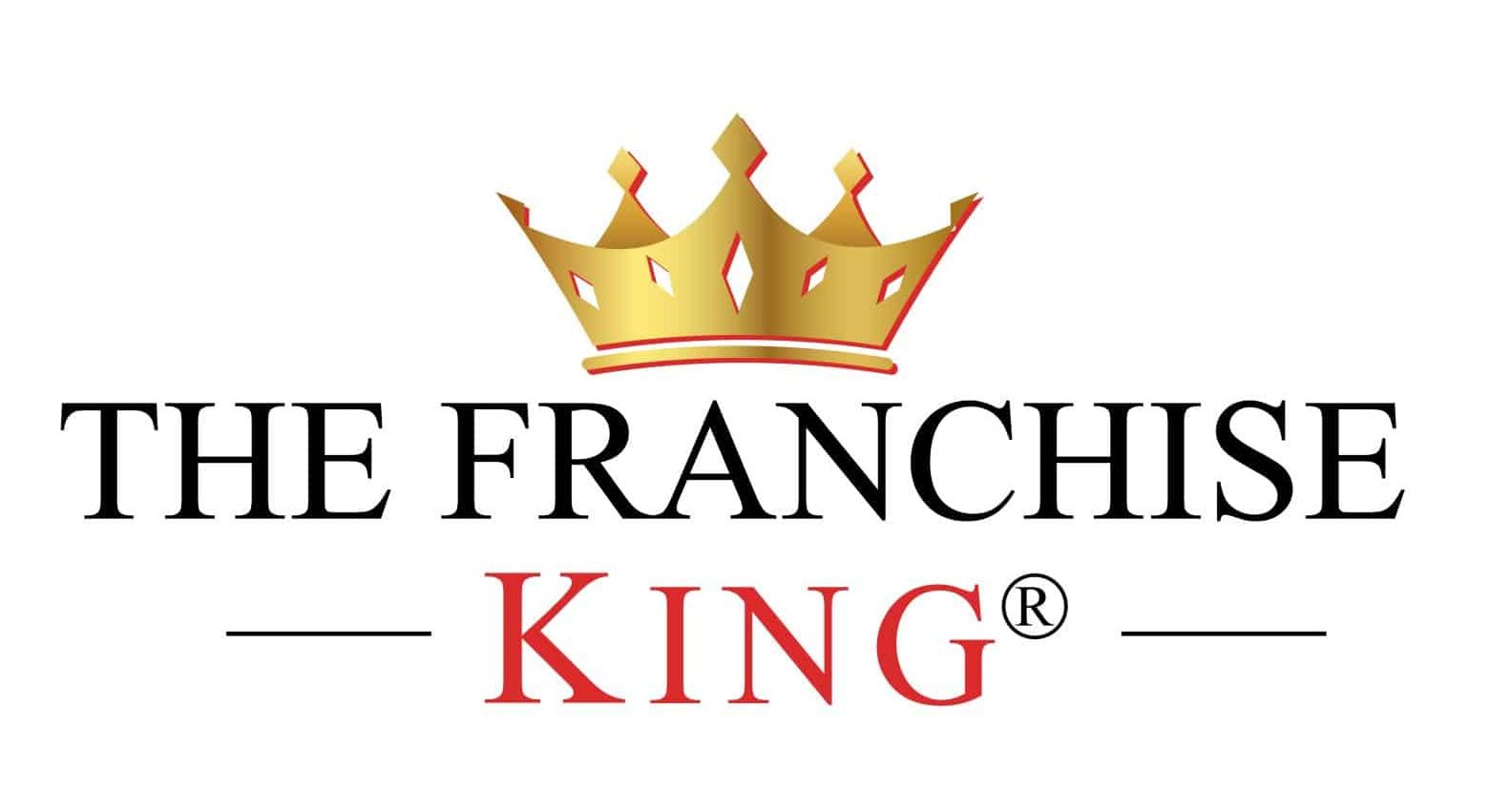
Thinking about franchise ownership? It may be a smart move—especially in today’s rather volatile environment.
But let’s talk about what really matters beyond those flashy logos and catchy slogans.
Experience tells me when people like you consider franchising, they’re often dazzled by brand recognition or impressive revenue projections.
But here’s the truth: the backbone of any successful franchise relationship isn’t the product or even the market potential—it’s the franchise support system the franchisor has built to ensure your success.
Got it?
Let’s continue.
Key Takeaways
- The franchise support system is the true backbone of any successful franchise relationship—more important than brand recognition or revenue projections.
- When paying franchise fees and royalties, you’re investing in a business partnership where both parties should contribute value.
- Effective training should be both thorough initially and ongoing throughout your relationship with the franchisor.
- Marketing support should operate at multiple levels: national, regional, and local, with specific tools for your market.
- Technology infrastructure should integrate seamlessly to improve efficiency, not complicate operations.
- Field support personnel are crucial when facing challenges—evaluate their availability and responsiveness.
- For product-based franchises, supply chain management directly impacts customer experience and operational efficiency.
- Peer networks with other franchisees provide valuable insights and problem-solving resources.
Now, let’s dive in deeper, so you can learn some excellent ways to evaluate a franchisor’s support system
Why The Franchise Support System Make or Break Your Franchise Investment
Let’s be honest—if you’re paying substantial franchise fees and royalties, you deserve more than just permission to use a name. You’re essentially investing in a business partnership, and like any partnership, the value comes from what both parties bring to the table.
That said, today’s best franchisors understand this implicitly. They know their success depends on your success, creating a powerful alignment of interests that, when executed properly, becomes part of the secret sauce of franchising.
The Operational Backbone: Training Programs
Any franchisor can claim they offer “comprehensive training,” but what does that actually mean? Here’s what to look for:
Initial training should be thorough, hands-on, and cover everything from daily operations to crisis management. But the real differentiator?
It’s ongoing education that evolves with the business. And it should be part of every franchise support system.
With that in mind, ask current franchisees: “How has the training program adapted as the business landscape has changed?”
Because great franchisors view training not as a one-time event but as a continuous process of improvement. They’re constantly refining their approaches based on what’s working in the field—and what isn’t.
Franchise Marketing System Support: Beyond the National Campaigns
Sure, national advertising builds brand awareness, but what about driving customers to your specific location?
That’s why today’s sophisticated franchise systems offer multi-layered marketing support. Including:
- National brand campaigns that build overall awareness
- Regional marketing strategies tailored to your market’s unique characteristics
- Local marketing toolkits you can implement yourself
- Digital marketing support including SEO, social media, and online reputation management
The question isn’t just “Do you provide marketing support?” but rather “How do you help me connect with customers in my specific market?”
Technology Infrastructure in The Franchise Support System: The Invisible Competitive Advantage
In today’s digital everything economy, the technology stack a franchisor provides can dramatically impact your operational efficiency and customer experience.
With that in mind, don’t just ask if they have systems—evaluate them critically.
For instance, the point-of-sale system, inventory management tools, customer relationship platform, and internal communication systems should work together seamlessly. They should make your life easier, not more complicated. That’s part of what you’re paying for.
So, ask for demos. Talk to existing franchisees about implementation challenges. A truly supportive franchisor doesn’t just hand you login credentials—they ensure you can leverage these tools to drive your business forward.
The Franchise Field Support System: Your Lifeline When Challenges Arise
Every business faces hurdles. The difference between struggling alone and thriving with support often comes down to the field support team. These are the people who know the system inside out and can help you navigate challenges specific to your location.
That being said, I recommend asking these questions of the franchisor and the franchisees:
- “How many franchisees does each field representative support?”
- “How quickly do they respond to urgent issues?”
- “What’s their process for helping underperforming locations turn things around?”
The answers will reveal the franchisor’s true commitment to your success as a franchisee.
Supply Chain Management: The Hidden Efficiency Factor
Product-based franchises live and die by their supply chain efficiency. Beyond just securing favorable pricing, strong franchisors create robust systems that ensure:
- Consistent product quality
- Reliable delivery schedules
- Contingency plans for supply disruptions
- Efficient ordering processes that minimize your administrative burden
Remember: supply chain hiccups don’t just affect your inventory—they directly impact customer experience.
Peer Networks: The Undervalued Franchise Support System
Sometimes, the most valuable insights come not from corporate headquarters but from fellow franchisees who’ve walked the path before you. The strongest franchise systems actively foster peer-to-peer connections through:
- Regional operator meetings
- Annual conventions
- Online communities
- Mentorship programs
These networks become invaluable resources for problem-solving and innovation that corporate teams might miss.
The Bottom Line: Evaluating What Really Matters
When evaluating a franchise opportunity, look beyond the glossy brochure metrics, and check out the franchise support system provided.
Bluntly, the support systems aren’t just nice-to-have perks—they’re essential infrastructure that determines whether your significant investment will thrive or merely survive.
Next, be sure you ask tough questions.
Talk to current franchisees—especially those who’ve been in the system for several years.
Because what you’re really buying isn’t just a business model but a partnership structure, and the strength of that structure will largely determine your entrepreneurial journey.
Remember: the best franchise relationships aren’t transactional—they’re transformational, providing not just a blueprint for success but the ongoing support to adapt that blueprint to your unique circumstances and challenges.
About the Author
The Franchise King®, Joel Libava, is a leading franchise expert, author of "Become a Franchise Owner!" and "The Definitive Guide to Franchise Research." Featured in outlets like The New York Times, CNBC, and Franchise Direct, Joel’s no-nonsense approach as a trusted Franchise Ownership Advisor helps aspiring franchisees make smart, informed decisions in their journey to franchise ownership. He owns and operates this franchise blog.
Note: When you buy through links on this website, we may earn an affiliate commission.









